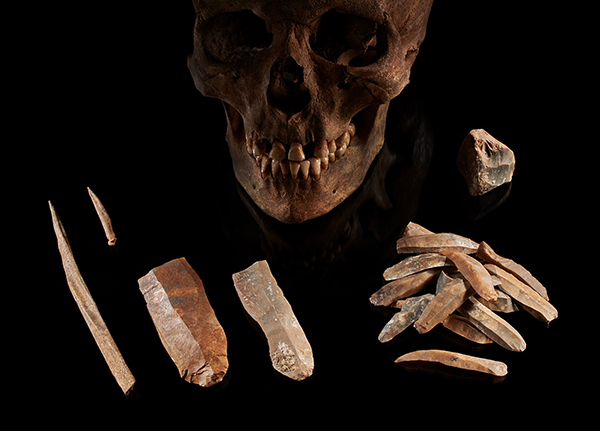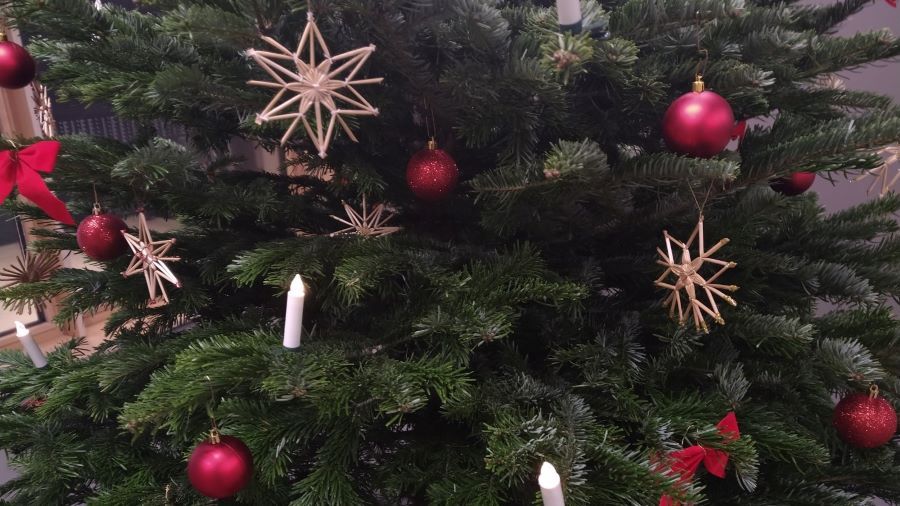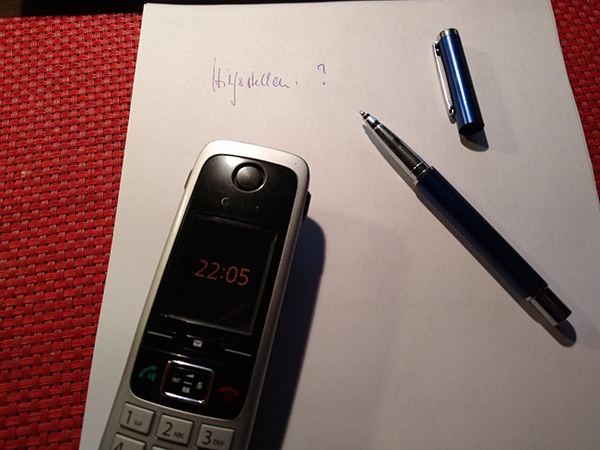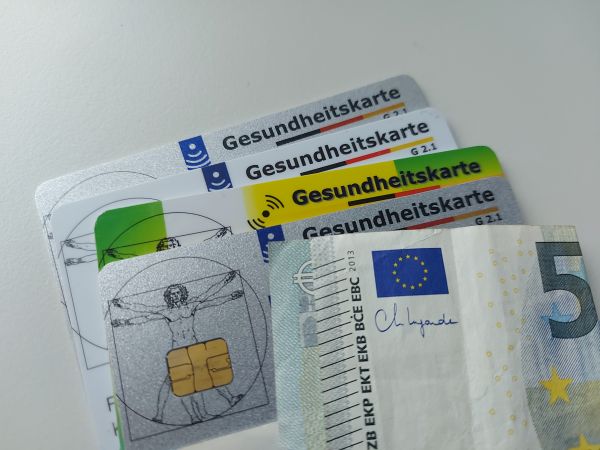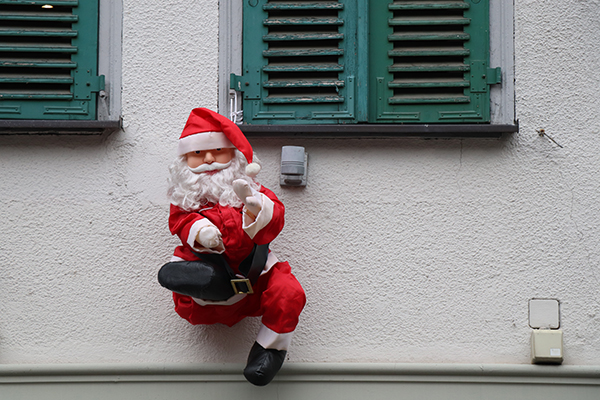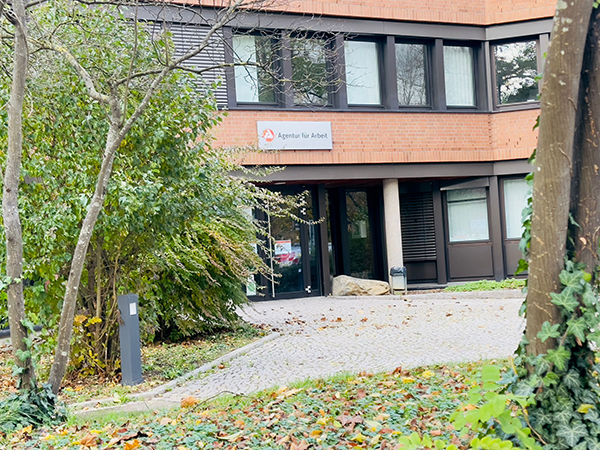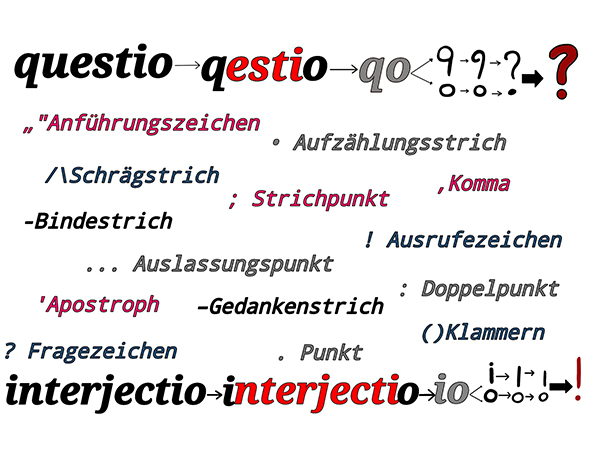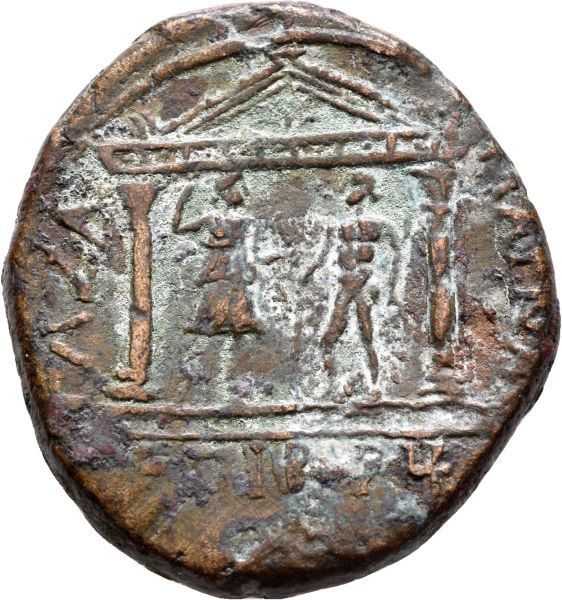By Michael Seifert Have people in Europe always had light skin? A young scientific discipline, paleogenetics, can provide an answer to this question. tuenews INTERNATIONAL spoke to the expert Cosimo Posth, Junior Professor of Archaeo- and Paleogenetics at the University of Tübingen. “Our aim is to reconstruct the genetic diversity of people in the past and to explain historical changes caused by migrations, intermixing and the extinction of human groups. To do this, we take a tiny amount of organic matter from archaeological bone finds or teeth and can thus isolate the DNA, the human genetic material. In the last… Read More
Category: 992-INTEGREAT
Fasting and “Kutia”: Christmas in Ukraine
With the changeover of the calendar from Julian to New Julian, Ukrainians celebrate Christmas on 25 December this year. Previously, the festival was on 7 January. Christmas is considered the second major holiday after Easter. It is usually celebrated with the family. There are many traditions and rituals associated with Christmas. The most important of these are fasting, Christmas Eve and the singing of Christmas carols. Fasting: The Christmas fast begins 40 days before Christmas. It is one of the longest periods of fasting. During the Christmas fast, all types of fruit and vegetables, mushrooms, pulses and cereal products may… Read More
Christmas: Stories of the Christ Child and Father Christmas
In Germany, children—and adults too, of course—traditionally receive their presents on the evening of 24 December, on Christmas Eve. In most families, they are then placed under the Christmas tree in the living room, which is decorated with colourful baubles and candles or fairy lights. These are usually fir or spruce trees that have been felled for Christmas. The explanation of who brought the presents varies depending on the region and the prevailing confession. In southern Germany, children are usually told the story of the Christ Child: The Christ Child places the presents under the tree without being seen. He… Read More
Sick notes by phone again
Patients with mild symptoms can take sick leave without going to a doctor’s surgery. However, unlike during the coronavirus pandemic, sick leave by phone is only valid for five days. The prerequisites are that patients do not have severe symptoms, the patients are known to the doctor’s surgery and there are no video consultations. This was decided by the joint federal committee of doctors, health insurance companies and clinics. Patients should call the practice. A doctor will call them back and clarify whether they need to come to the practice for an examination after all. Patients must inform their employer… Read More
Fewer paid leave for parents of sick children in 2024
From next year, fathers and mothers will only be able to stay at home for 15 days a year to care for their sick child. For single parents, it will be 30 days. This has been decided by the Bundestag and Bundesrat. During the coronavirus pandemic, the number of sick days for children was increased to 30 days (60 days for single parents). However, there will be no change to the entitlement to child sick pay for those with statutory health insurance: parents who care for sick children under the age of 12 will receive 90 per cent of their… Read More
Get a new health insurance card quickly
Anyone who has lost their health insurance card—the electronic health card eGK—must apply for a new one from their health insurance company. This also applies if the card has been stolen. In both cases, the secret code must also be blocked if the card was equipped with it. If you have to see a doctor while waiting for the new card, the health insurance company with which you are insured will issue a replacement certificate. Replacements usually arrive quickly. “The necessary passport photo is stored with the health insurance company, so you don’t have to submit a new photo,” says… Read More
Where St Nicholas puts presents under the pillow
In Germany, St Nicholas’ main task is to fill boots: Children place boots in front of the door on the night of 6 December and hope that St Nicholas will leave them with sweets and small gifts overnight. However, for some families he only arrives on the evening of St Nicholas’ Day itself: he wears a red coat, a beard and a red hat and hands over the presents personally or reminds children to work harder at school, for example. The rod with which he—or his companion Knecht Ruprecht—threatened previous generations remains outside the door. Christian churches commemorate the anniversary… Read More
More and more refugees have jobs—including as skilled workers
The situation for refugees on the German labor market has changed significantly between 2016 and 2020. 55 percent of refugee men had a job in 2020. Four years earlier, it was only 16 percent. The employees initially started with an unskilled job. However, by 2020, a third of 18- to 65-year-old men had become skilled workers (with several years of training or a comparable qualification). These were the findings of a study by the German Institute for Economic Research (DIW) and the University of Bamberg. The proportion of refugee women in employment also increased—from 6 percent in 2016 to 17… Read More
The history of punctuation: How punctuation marks became increasingly important
By Oula Mahfouz Punctuation marks – periods, commas, colons, question marks, semicolons (semicolons), brackets, exclamation marks, dashes and quotation marks – are all essential in written communication. They are used to organize texts and make it possible to express thoughts and feelings precisely. Conversely, punctuation marks help considerably to understand texts and to be able to read them out loud. Without punctuation, many sentences are ambiguous and the internet is full of example sentences that can only be understood if a comma is inserted. The history of punctuation spans many centuries and is closely linked to the respective language and… Read More
An ancient coin as a source for the history of Gaza City
By Stefan Krmnicek In our series on ancient coins, an ancient coinage from Gaza City in the coin collection of the Institute of Classical Archaeology at the University of Tübingen is presented in more detail today. Gaza City was one of the most important port cities in the region in antiquity and was conveniently located as the end point of the trade routes for the incense trade from the interior of the Arabian Peninsula. The importance of the city is also underlined by the famous mosaic in the Church of St George in Madaba (Jordan), the oldest surviving cartographic representation… Read More

